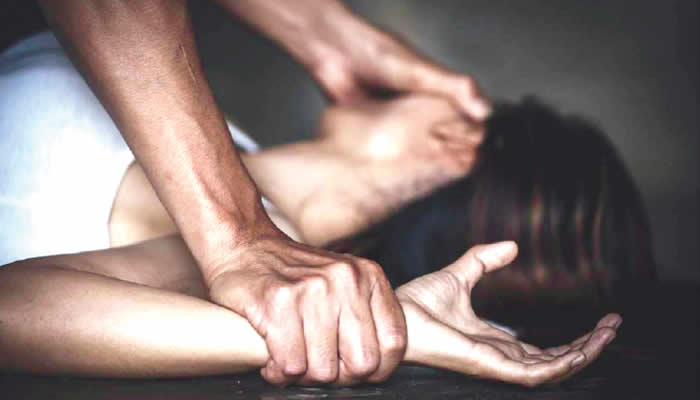NIGERIANS are inundated with reports of rape cases daily. Yet, the punishment rate for offenders is low or virtually non-existent, shaming the victims into silence and undermining justice for them. The local, state and federal governments, non-governmental organisations, and community leaders must regularly sensitise the public against rape, support victims to seek justice, and punish the perpetrators of this dastardly crime irrespective of social status.
Among other incidents, Olarenwaju Seun, 20, was recently sentenced to 30 months in jail by an Ekiti State High Court, Ado-Ekiti, for raping a three-year-old girl. The incident, which occurred in August 2021, only received final sentencing in 2024. That is a sign of a slow justice system. Therefore, states must create fully equipped sexual offences courts to facilitate the quick dispensation of justice.
In Adamawa State, the police command arrested a lecturer of a state-owned university in Mubi for allegedly raping a minor. It was reported that he lured her into his office and sexually defiled her.
In Lagos, a cleric was recently sentenced to life imprisonment by the Special Offences and Domestic Violence Court for raping a church member. He allegedly raped four women, including his assistant pastor. Although he tried to deploy religious rhetoric to rouse undue sentiments, the law boldly clamped down on his malfeasance. Instructively, religious organisations and community leaders must take care not to stigmatise the victims.
Over time, rape has become alarming, a dent on Nigeria’s conscience. The UN Women reported 11,200 rape cases, including children who were raped to death, in Nigeria in 2020. Apart from non-state actors, terrorists, and criminals who wreak havoc by killing, maiming, and raping their victims across the country, sexual predation and molestation is rife. The Federal Ministry of Women Affairs reported 27,698 cases of sexual and gender-based violence between 2020 and 2023 across Nigeria.
Rape is defined as an unlawful sexual act without the consent of one of the parties involved. While females are the major victims, male rape victims exist. Apart from probable physical injuries, rape victims may grapple with sexually-transmitted diseases, unwanted pregnancies, and lifelong psychological trauma.
States need to enact strict and severe laws to tackle sexual deviancy. While states like Lagos and Ekiti and eight others have been somewhat upbeat in limiting the freedoms of offenders through a sexual offences database, other 28 states remain docile. Federal and state lawmakers must strengthen the law against rape. Harsher sentences should be imposed to serve as a deterrent to perverse members of society.
Coincidentally, rape is mostly perpetrated by relatives, neighbours, family friends, associates, and people who embody authority, power, or the influential. According to the US Bureau of Justice Statistics, the relationship between the perpetrator and the survivor affects the likelihood of reporting the crime.
It states that several reasons including fear of retaliation on self and family; lack of police support, love or familiarity with the offender, the urgency of the issue, stigma, and implication to family members, cause delays or unreported cases of rape. NGOs, faith-based organisations, communities, and governments must dispel the stigma by encouraging victims to speak up, protecting their rights, and ensuring that justice is served.
Parents should protect their children, and be wary of leaving their wards to the care of neighbours and family members. Parents and teachers should teach their children to identify their private parts, instructing them to raise the alarm when they are fondled in any sexual way by familiar or unfamiliar persons. There must be public awareness from primary to tertiary institutions.
For the police, they should create a special desk dedicated to rape. Instead of demeaning the victim and undermining the case with vulgar sentiments, the police need to be responsive.
